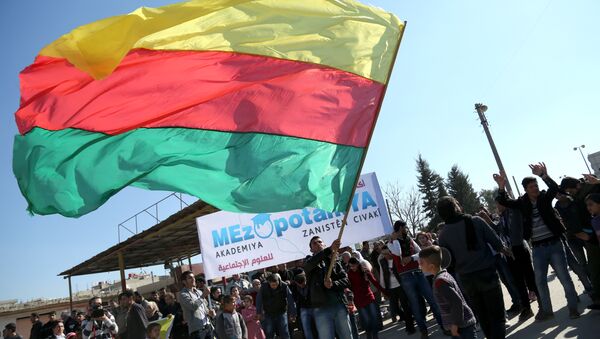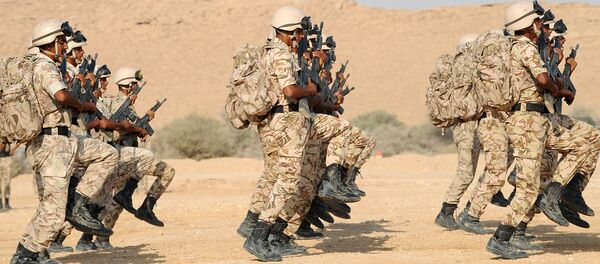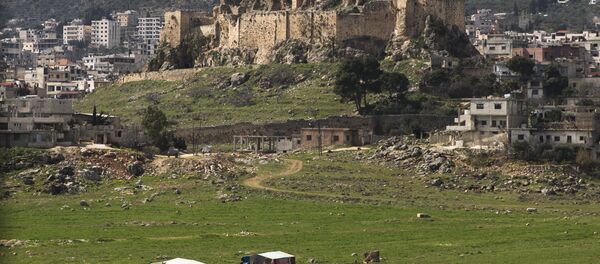"The Kurds have been fighting [Daesh] and al-Qaeda for quite some time. They've lost a lot of blood fighting. My guess is they don't want to feel like they've fought in vain. Although they had de facto autonomy under Assad for quite some time, this is the move to make it more institutionalized," political analyst Daniel McAdams asserted.
The expert added that the Kurds "have been denied" a place at the table at the rebooted Geneva talks "primarily by the US" despite the fact that Washington has closely worked with the Kurds in a bid to tackle Daesh in Iraq and Syria.
McAdams believes that the Kurds were not invited to Switzerland "perhaps under Turkey's insistence" since Ankara views every Kurdish grouping as a direct threat to its security and stability, regardless of whether they are linked to the Turkey-based Kurdistan Workers' Party (PKK) or not.
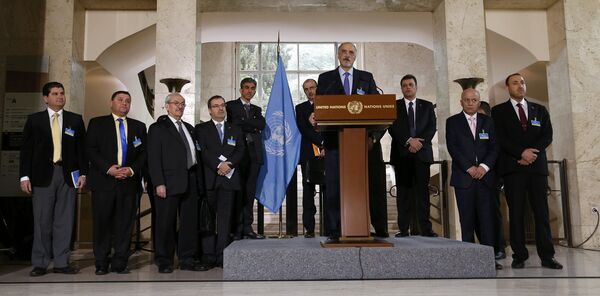
The decision to create the so-called Democratic System of Rojava and Northern Syria was made public on Thursday following a meeting in the Syrian town of Rmeilan. Those present emphasized that they were not trying to divide or break up the country, but rather saw federalization as a way to foster cordial relations with other ethnicities within existing borders.
Still, experts offer alternative explanations that see outside influence as a possible driving force behind the federalization. After all, often troubled relations between countless factions in the Middle East, as Ron Paul noted, have "been magnified so greatly by outsiders being involved." These include the United States and NATO in particular.
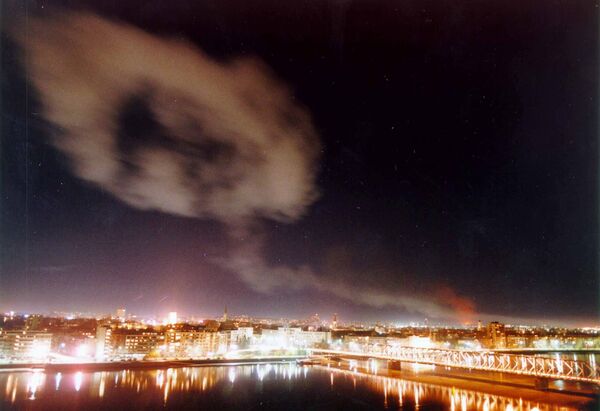
The US foreign policy in the post-Cold War era, according to McAdams, has been "one of divide and conquer. If you look at Yugoslavia and how the US helped to pit the Serbs against the Croats and the Bosnian Muslims, they were essentially able to conquer the former Yugoslavia."
McAdams pointed to the Plan B that US State Secretary John Kerry mentioned in late February. This strategy could be used if the current Syrian peace process collapses. It entails dividing the country into several regions.
"One has to wonder whether [the Kurdish announcement] is part of the Plan B," he noted.

